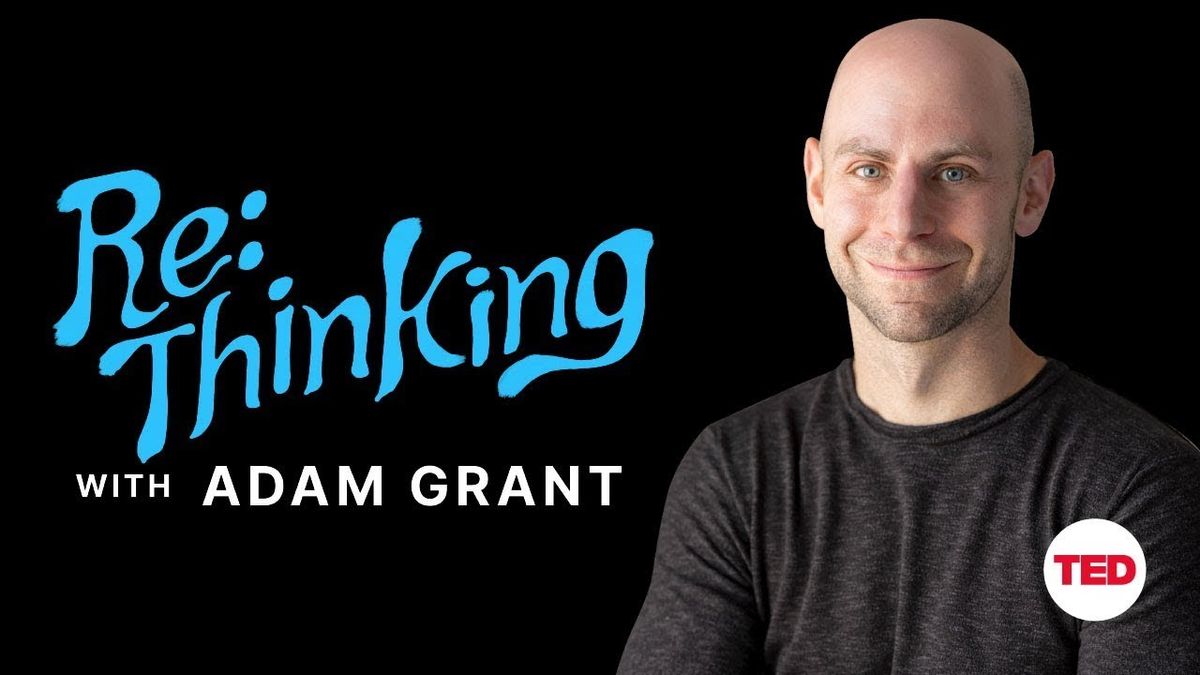This discussion from the TED Audio Collective, hosted by Adam Grant, delves into the concept of the four-day work week.
It involves a comprehensive examination of how a shorter work week could be beneficial not only for individual well-being and productivity but also for societal progress.
The conversation was held at the World Economic Forum in Davos and included experts from various fields.
Value of Flexibility and Choice
Employees highly appreciate flexibility and choice.
Thus, to meet the desires of their workforce, companies should contemplate implementing more flexible work arrangements.
Inclusive Work Norm Shift
The work norm needs to change to encompass not just those with children but also workers who desire time for friends and personal life.
The focus needs to be broadened for a balanced work culture.
Evaluating Contributions, Not Time
Employees should be assessed based on their contributions, not the amount of time they spend working.
People should have the autonomy to make decisions about their work hours.
Equitable Transition to Shorter Work Week
The shift to a shorter work week should be equitable and inclusive, catering to all workers, not just those who can work remotely or are knowledge workers.
There’s a risk of workforce bifurcation and unequal benefit distribution without this equitable focus.
Demand for a Shorter Work Week
The move towards a shorter work week is driven by workers’ desires, making it more than just an academic question.
This shift is already underway.
The Fluidity of Work Time
The five-day work week, a historical concept, is not etched in stone.
It can be reassessed and restructured to improve societal and individual well-being.
Time’s immutability is a misconception, as the history of work reveals constant evolution.
Boosting Productivity with Shorter Work Weeks
Organizations that have adopted shorter work weeks have reported increased productivity, morale, and loyalty, along with reduced turnover.
The optimal work duration might differ among individuals, but a good starting point could be four days spread over a seven-day period.
The Pandemic and the Work-Life Balance
The COVID-19 pandemic has emphasized the importance of a healthy work-life balance, catalyzing a shift in priorities.
A four-day work week could help achieve this balance, but it should also consider the necessity of care work and be feasible for all types of workers.
Purpose of Shorter Work Week
The goal of adopting a shorter work week is to enhance well-being and flexibility.
There are various methods to achieve this objective, not solely through reducing work hours.
I think what’s really interesting is that you know when you ask me about history is that we think time is immutable but if we look at the history of work it changes. – Hillary Cottam
Cultural Shift within Organizations
Transitioning to a shorter work week requires a cultural shift within organizations.
It’s not merely about accommodating employees with children, but about prioritizing the well-being and flexibility of all workers.
Legislation Redesign and Government Role
The pandemic has presented an opportunity to rethink legislation and reshape work to create more flexible and agile systems.
Governments can act as role models and advocates for these workplace changes.
Service Delivery and Government Considerations
While considering the implementation of a shorter work week, governments must ensure that service delivery to the public is not compromised.
We have a range of views on the ideal amount of work, but I think we’re all aligned on the idea that we want to make choices about how much we work and that ultimately people should be evaluated not on the time they put in but on the contributions they make. – Adam Grant
Productivity is me sending things out where I’ve decided this is really important work or doing the work that takes more time. – Anne Marie Slaughter


Member discussion: